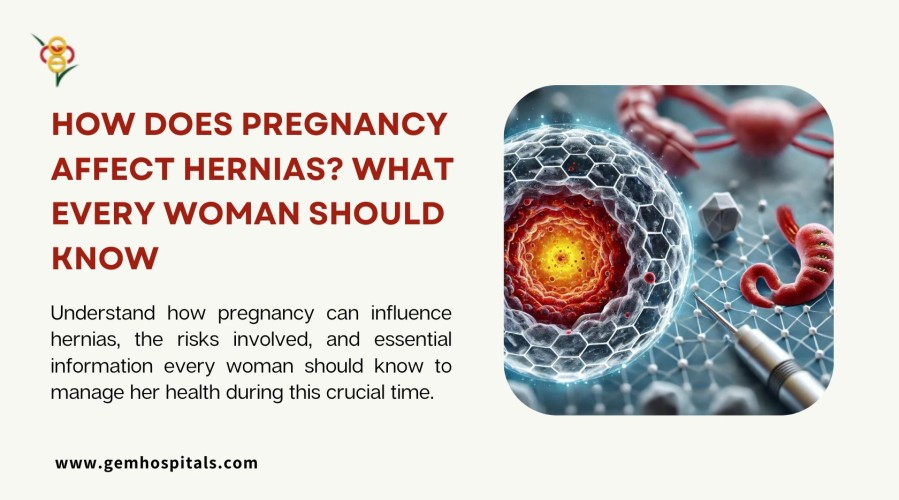Learn effective solutions for digestive problems with expert tips to improve gut health, reduce discomfort, and maintain a healthy digestive system.
How Does Pregnancy Affect Hernias? What Every Woman Should Know

Pregnancy is a time of significant change for a woman’s body. As it stretches and adjusts to accommodate a growing baby, some women may experience hernias for the first time or find that an existing hernia becomes more pronounced. But what exactly is a hernia, and why does pregnancy affect its development?
A hernia occurs when an organ or fatty tissue squeezes through a weak spot in a surrounding muscle or connective tissue called fascia. The most common types are inguinal (inner groin), femoral (outer groin), umbilical (belly button), and hiatal (upper stomach). During pregnancy, the increased pressure on your abdomen can cause these weak spots to bulge, leading to discomfort and, in some cases, pain.
Risk Factors for Hernias in Pregnant Women
Several factors can increase your likelihood of developing a hernia during pregnancy. These include:
- Multiple pregnancies: Carrying more than one baby puts additional pressure on the abdominal wall.
- Previous hernias: If you’ve had a hernia before, pregnancy might exacerbate it.
- Chronic coughing: Frequent coughing can strain your abdomen, creating a greater risk for hernias.
- History of surgeries: Previous abdominal surgeries can weaken the abdominal wall, making hernias more likely during pregnancy.
Symptoms to Watch For
It’s essential to know what symptoms may signal a hernia during pregnancy. Look out for:
- A noticeable bulge in the abdomen or groin that becomes more pronounced when you stand up or exert pressure.
- Pain at the site of the bulge, especially when bending over, coughing, or lifting.
- A feeling of heaviness or pressure in your abdominal area.
Preventive Measures and Treatment
While not all hernias can be prevented, there are steps you can take to minimize your risk during pregnancy:
- Maintain a healthy weight: Excessive weight gain can increase abdominal pressure.
- Exercise regularly: Appropriate exercise strengthens the abdominal muscles. Always check with your healthcare provider before starting any new workout regimen during pregnancy.
- Practice proper lifting techniques: Bend from your knees, not your waist, when picking up objects.
If you suspect you have a hernia, it's crucial to consult with your healthcare provider. Most hernias are not immediately dangerous, but they can require surgery if they become painful or lead to complications.
Schedule Your Appointment
If you're experiencing symptoms of a hernia during pregnancy, don’t wait. Contact GEM Hospital today to schedule an appointment. Our team of specialists is here to provide the care you need to ensure a safe and healthy pregnancy.
Blogs & Article
Explore current research trends in digestive health, including new treatments, advanced diagnostics, and innovations improving gut health and patient care.
Discover common digestive health myths and the real facts. Learn simple tips to improve gut health and maintain better digestion for a healthier life.


